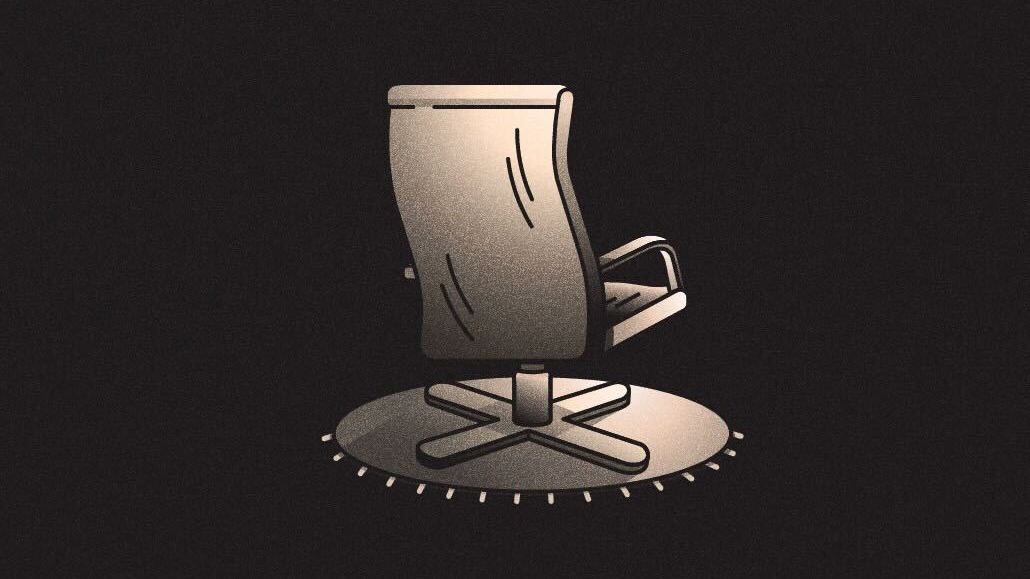Secure your place at the Digiday Media Buying Summit in Nashville, March 2-4
Digiday+ Research: Publishers come out on the side of hybrid work as the pandemic dust settles

This research is based on unique data collected from our proprietary audience of publisher, agency, brand and tech insiders. It’s available to Digiday+ members. More from the series →
Interested in sharing your perspectives on the media and marketing industries? Join the Digiday research panel.
Publishers were heading back to the office, slowly but surely, as of about six months ago, according to data from Digiday+ Research. But the future of full-time office work was still a bit murky. Today we have a clearer picture, which shows that being in the office full time might be a thing of the past for publishers, who voiced a clear preference for a hybrid-style workforce.
This is according to the latest Digiday+ Research survey of more than 100 publisher professionals.
Digiday’s survey found that the majority of publisher pros are hybrid workers. Specifically, 53% of publishers said they work in their companies’ offices between one and four days per week, on average.
Interestingly, a significant percentage of publisher pros told Digiday that they work in the office zero days per week on average. Nearly a third (31%) said they don’t work in the office at all during an average week.
Digiday’s survey also found that publisher pros are hybrid workers by choice. Fifty-three percent said their companies don’t have a requirement regarding how many days per week they’re expected to work in the office. Publisher pros who are required to work in the office three days per week accounted for the next largest group — at just 18%.
Publisher pros’ choice to work a hybrid schedule makes sense, considering that 76% told Digiday that, given the option, they would prefer to work in an office some of the time and remote some of the time.
More specifically, nearly half of respondents to Digiday’s survey (46%) said they prefer to work remotely most days, but go into an office some days. A smaller but still significant 30% said the opposite — that they prefer to go to an office most days, but work remotely some days.
Notably, only 6% of publisher pros told Digiday they would prefer to work in an office full time.
So, what exactly are the reasons behind publishers’ clear preference for a hybrid work structure?
It turns out health isn’t one of them: Nearly two-thirds of publisher pros (65%) said they disagree somewhat or strongly that they worry about risks to their health when they go into an office, Digiday’s survey found. Nearly half (43%) said they strongly disagree with this.
But seeing coworkers in person is a big driver for publisher pros’ preference to go to the office at least sometimes. A whopping 88% told Digiday that they agree somewhat or strongly that they enjoy seeing their colleagues in real life. And more than half (54%) said they strongly agree they enjoy the opportunity for face time with coworkers.
More than three-quarters of publisher pros (79%) told Digiday that the change of scenery is another reason they prefer some office time in their work schedules. This reason for working from an office turned out to be slightly less definitive than seeing coworkers in person, however. Slightly more than a third of publishers (37%) said they strongly agree they enjoy the change of scenery of heading to an office, while 42% said they only somewhat agree.
On the flip side, a desire to maintain work-life balance is driving the remote portion of publishers’ chosen style of hybrid work. Forty-three percent of publisher pros told Digiday they agree somewhat or strongly that they worry going into the office upsets their work-life balance. Those who said they agree somewhat with this worry accounted for the largest group of respondents, at a full one-quarter.
Publishers appear to be somewhat split on this issue, though: 37% said they disagree somewhat or strongly that they worry working in an office upsets their work-life balance, with 24% disagreeing somewhat.
Want to discuss this with our editors and members? Join here, or log in if you're already a member.
More in Media

From feeds to streets: How mega influencer Haley Baylee is diversifying beyond platform algorithms
Kalil is partnering with LinkNYC to take her social media content into the real world and the streets of NYC.

‘A brand trip’: How the creator economy showed up at this year’s Super Bowl
Super Bowl 2026 had more on-the-ground brand activations and creator participation than ever, showcasing how it’s become a massive IRL moment for the creator economy.

Media Briefing: Turning scraped content into paid assets — Amazon and Microsoft build AI marketplaces
Amazon plans an AI content marketplace to join Microsoft’s efforts and pay publishers — but it relies on AI com stop scraping for free.








